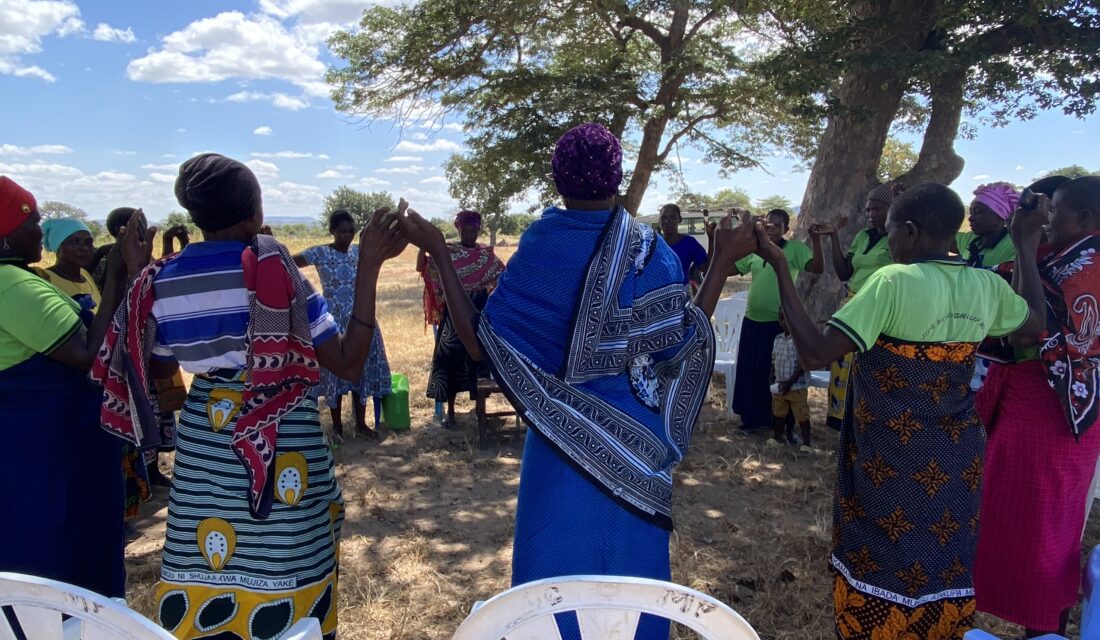Climate Resilience

Extreme weather events like heat waves, droughts and floods are leaving millions of people without food and water. Often, those most at risk are isolated, rural, subsistence farming households (individuals, families and other groups living together), far from basic support services. Episcopal Relief & Development works with local faith- and community-based partners in remote communities around the world to provide the skills training, information and access to finance households need to cope with and adapt to rising climate risks and uncertainty.
Episcopal Relief & Development focuses on four key areas related to climate resilience:
- Creating economic stability through Savings with Education (SwE) programs, financial management training to help people start and expand small businesses, and build partnerships that offer loans and insurance products, thus enabling households to pay for necessities and invest in their livelihoods.
- Strengthening rural livelihoods through sustainable agriculture and training on how to produce different products from crops and generate offseason income through methods other than farming, with a focus on drought-prone areas.
- Developing disaster response strategies with local community groups, such as installing early warning systems, identifying evacuation routes and developing household preparedness kits in order to build resilience. Episcopal Relief & Development also offers the Pastors and Disasters Toolkit and The Resilience Course as resources to communities.
- Promoting tree planting and land management practices that protect watersheds and reduce soil erosion, which can contribute to landslides and flooding.
OUR OTHER PRIORITIES:
EARLY CHILDHOOD DEVELOPMENT
WOMEN AND GIRLS
DISASTER RESPONSE
Photo: A savings group in Tanzania


